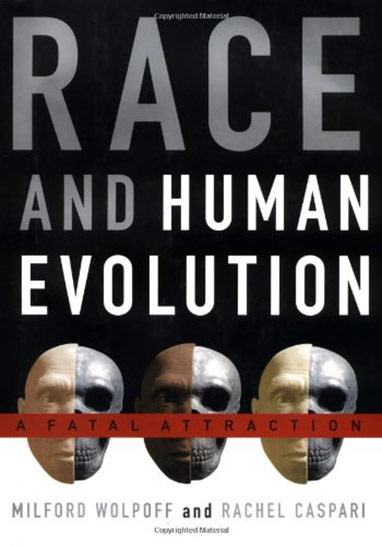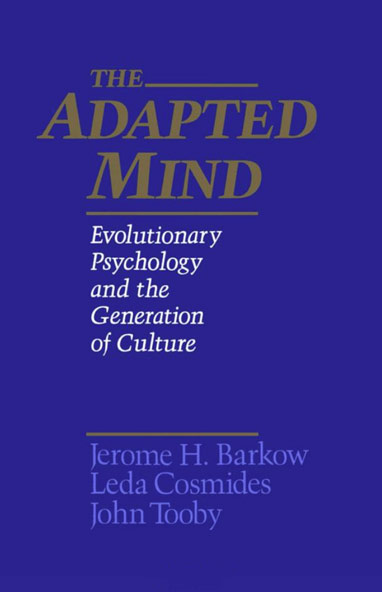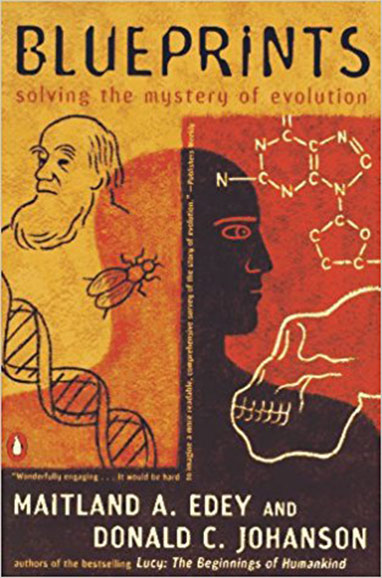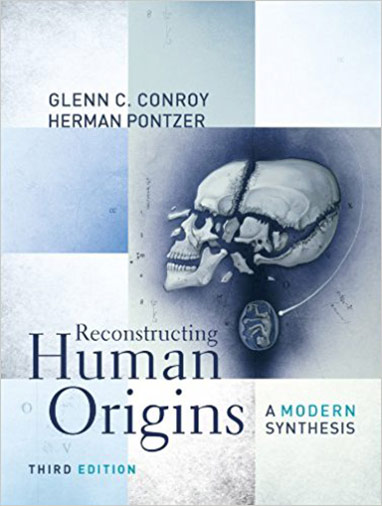
Race and Human Evolution
A Fatal Attraction
By Milford Wolpoff and Rachel Caspari
Race and Human Evolution is a far-ranging account by leading researchers in the field that describes the latest scientific evidence and the conflicting theories about human evolution. Milford Wolpoff and Rachel Caspari describe the “Eve” or “Out-of-Africa” theory, which holds that all living people are the descendants of a single common ancestor (“Eve”) who began a new species of humanity in Africa some 200,000 years ago and whose progeny spread throughout the world, giving rise to the different human races. The authors show that the evidence of the fossil record and genetic data support “Multiregionalism,” which posits that for some two million years human populations have been entwined in a network of widespread peoples who evolved together because they met and interbred, giving the races today many ancestors, not a single common one.
Race and Human Evolution shows how the debate over the “Eve” theory reflects a long history of theories about human origins and race that has been fraught with social and political implications. The debate now raging cannot free itself of this background. Certain to be controversial but also to illuminate an argument that has persisted for centuries and which persists in some of today’s most inflammatory social and political issues, Race and Human Evolution provides an authoritative account of the science and the scientists behind the controversy over the origin of humanity and its racial differences.
Category: Genetics and Human Evolution
Subjects: evolution, human origins
- All Books by Section
- Our Contributors' Book Reviews
- Books Referenced in Human Journey Sections:
- Journey of the Human Mind
- Our Prehistoric Ancestors »
- The Evolution of Language
- Ideas that Shaped Our Modern World »
- Paleolithic Beginnings
- Connecting with the Gods
- Axial Age Thought
- Origins of Christianity
- Origins of Islam
- The Journey of Classical Greek Knowledge to the Western World
- Stories and Storytelling
- Tools and the Development of Contemporary Society »
- A Sustainable Planet
- The Changing World Economy »
- Health and Education in the Modern World »
- Our Mind in the Modern World »




